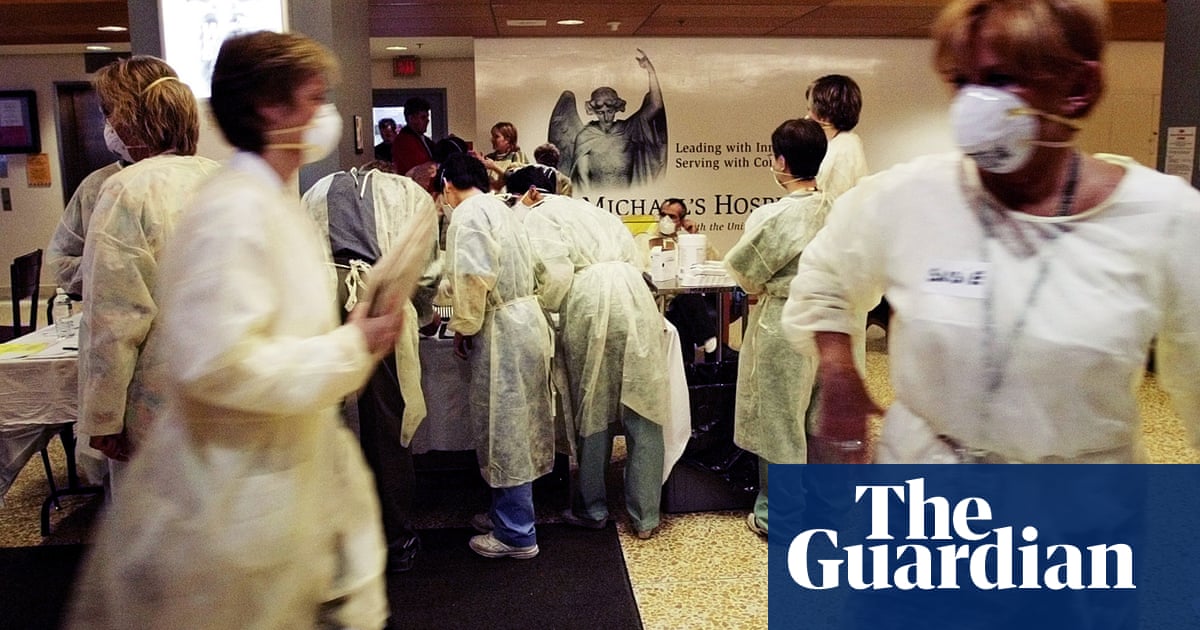
A culture of overload in elite men’s football is putting players’ health at risk, a new study has found, days before Mohammed Salah and Sadio Mané each play their 70th match of the season in the Champions League final.
The international players union Fifpro has released results of a survey on workload of more than 1,000 professional players and high-performance coaches. More tellingly, it has also surveyed the activity of 265 players – calculating minutes played, miles travelled and days of rest between fixtures.
The numbers showed that 72 of the 265 had played 55 matches or more in the 2020-21 season, exceeding a level coaches agreed would put players at risk. They were also regularly competing without a recommended five-day rest between matches, with 147 instances of players taking part in 10 or more fixtures back-to-back.
These broader figures are echoed by examples from club football’s showpiece fixture in Paris on Saturday. Taking in pre-season, Salah and Mane will have played 15 matches more than the 55 limit this year. More than 60% of these fixtures were played in periods without sufficient rest. The pair, who faced off in the Africa Cup of Nations final and a World Cup playoff this year, have also travelled almost 200,000km between them to play for their club and national sides.
Similar issues affect Real Madrid players. Despite a delayed start to his season, Karim Benzema will have played 53 matches by the season’s close. Éder Militão and Vinícius Júnior have each travelled 128,000km, mostly to play for Brazil.
In responses to the survey, players’ concerns echoed the messages represented in the data: 55% said they had picked up at least one injury because of an overloaded schedule, and 20% said they had suffered multiple injuries. Only 32% said they had got the four-week break recommended at the end of 202-21 season, and 76% agreed that additional protections are needed to guarantee break periods.
Concerns over overload are regularly aired by top coaches, led by Liverpool’s Jürgen Klopp. Discussions among governing bodies, such as those that led to agreement on reform of the Champions League this spring, have tended to add further dates to the calendar, however.
“The strain on players’ health reveals the crisis of governance in our sport,” said Fifpro’s general secretary, Jonas-Baer Hoffmann. “A competition model which values the players as assets but denies them proper rest and recovery has locked us on to a path that is unsustainable and unaccountable. Reform is urgent, and the work starts here: by listening to the players and what their bodies are telling us.”












